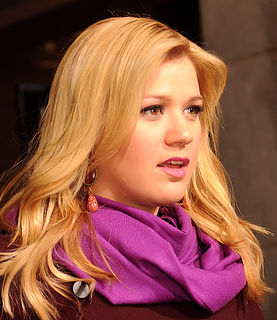A Quote by Tony DiTerlizzi
The real question one should ask when presented with a puzzle is, ‘Should I solve it? Do I really need to know the answer?
Related Quotes
Oh Lord, there it is again. The question;" What kind of business should I start?" Incidentially, it has a twin that also sets me off: "What should I specialize in during the second year of my MBA studies?" Sorry, but those are two of the most profoundly upsetting questions anyone can ask - upsetting because the answer should be obvious: Do what turns you on, not what the statistics say is best.
Lawyers know that certain witnesses are simply not going to be cooperative and are not going to answer the questions. And what matters at that point is what is your question? Because everything you want the jury to know should be in your question, or everything you want the jury to wonder about should be in your question.
Do not ask the stones or the trees how to live, they can not tell you ; they do not have tongues; do not ask the wise man how to live for, if he knows , he will know he cannot tell you; if you would learn how to live , do not ask the question; its answer is not in the question but in the answer, which is not in words; do not ask how to live, but, instead, proceed to do so.
In the Marquette Lecture volume, I focus on the question in the title. I emphasize the social and political costs of being a Christian in the earliest centuries, and contend that many attempts to answer the question are banal. I don't attempt a full answer myself, but urge that scholars should take the question more seriously.








































